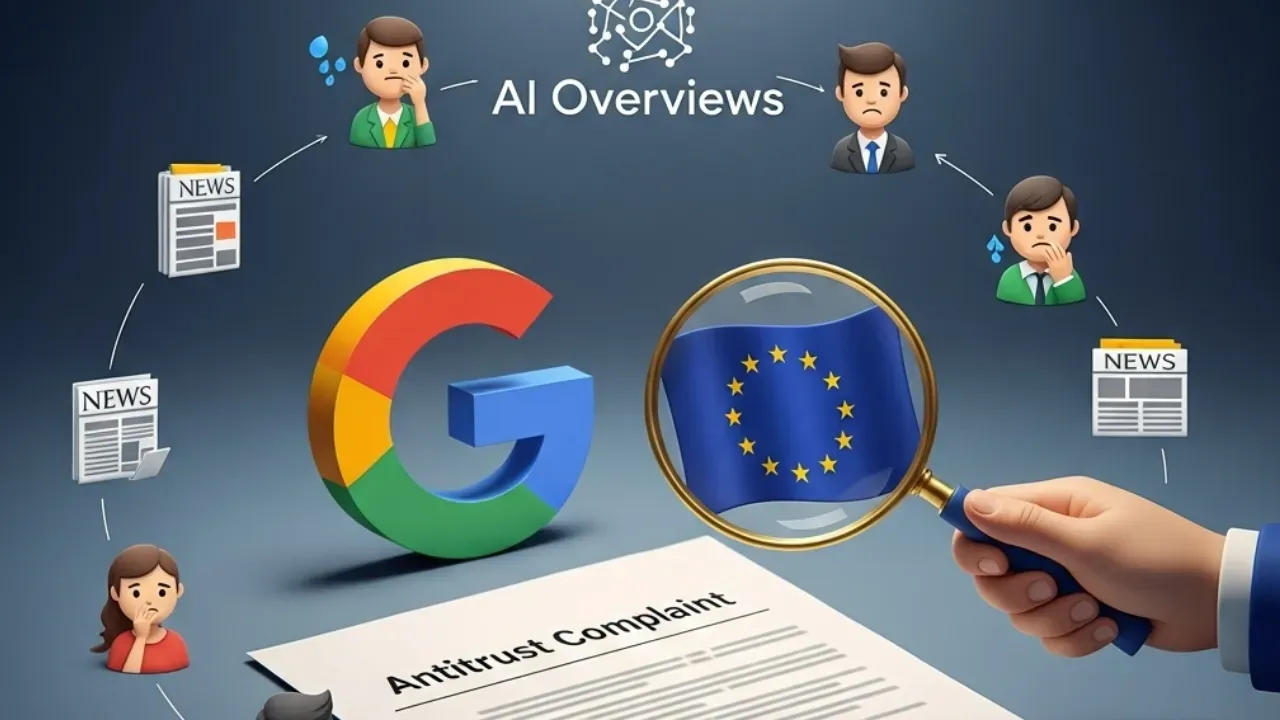A coalition of leading European publishers has filed a landmark antitrust complaint against Google with the European Commission, which could radically change the rules of the game in the generative AI market. As reported on July 6, 2025, by leading global agencies, including Reuters and the specialized publication Search Engine Land, the complaint, filed on July 4, relies on the regulations of the new and stricter European Digital Markets Act (DMA). Unlike previous lawsuits focused on copyright infringement, this complaint accuses Google of abusing its dominant position. The publishers argue that Google, as a recognized market "gatekeeper," uses their high-quality news content to train its AI models (like Gemini) and to generate answers in its generative search services (AI Overviews). In doing so, the AI-generated answers directly compete with the publishers original websites, depriving them of critical traffic and, consequently, revenue from advertising and subscriptions, which form the basis of their business model. Thus, according to the publishers, Google uses their own content to create a product that undermines their business, and does so without any fair compensation. The goal of this complaint is not simply to block the use of content, but to use the leverage of the DMA to force Google to the negotiating table to develop a fair and transparent content licensing mechanism for its use in artificial intelligence systems. If the European Commission sides with the publishers, it could set a powerful global precedent and compel all AI developers to pay for the large datasets used for training, fundamentally changing the economics of the entire industry.
EU Publishers File Antitrust Complaint Against Google Over AI Content Use
